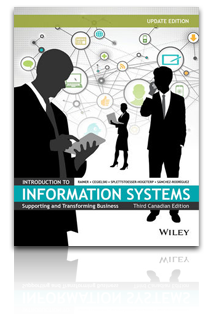It started with a tub of protein powder. Omar Abdulaziz ordered one on Amazon in late June and was waiting for it to arrive at his Sherbrooke, Que., apartment. Abdulaziz didn’t think much of it when he received a text message later that day from DHL with a link to a tracking number, stating his package was on its way.
In what has become a scarily effective hacking technique, the text message — and the link it contained — was not what it claimed to be. Abdulaziz believes he clicked the link, which would have let spyware burrow its way into his iPhone. There, it could copy his contacts and messages and even eavesdrop on calls. Its operators would have total control.
Source: CBC News
Date: October 1st, 2018
Discussion
1) Imagine you run the technology and information systems of a large (1,000 person) company. How do you train employees not to click on dangerous texts like the one mentioned in this article?
2) How would you know and check whether or not you have this software already installed on your phone?


Leave a Reply